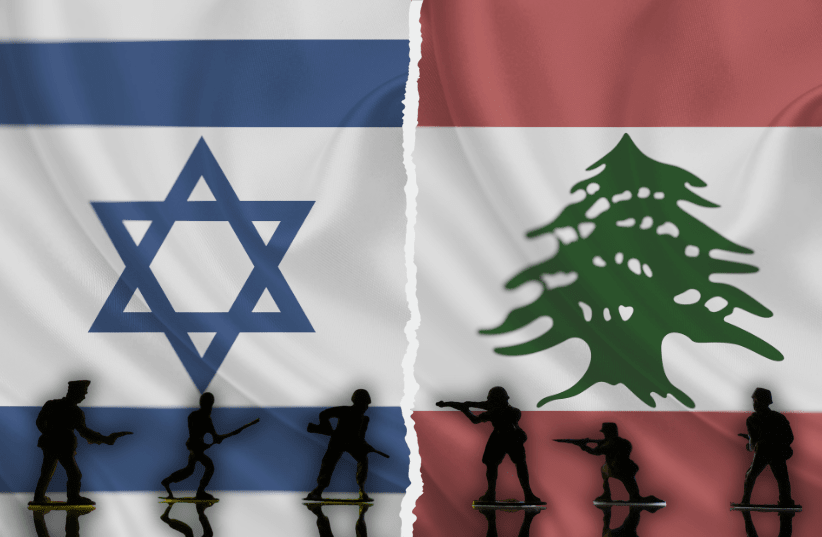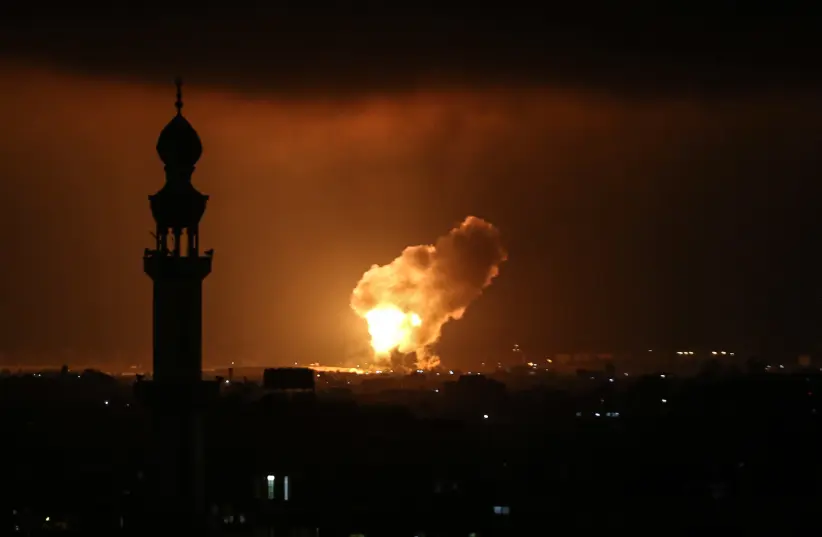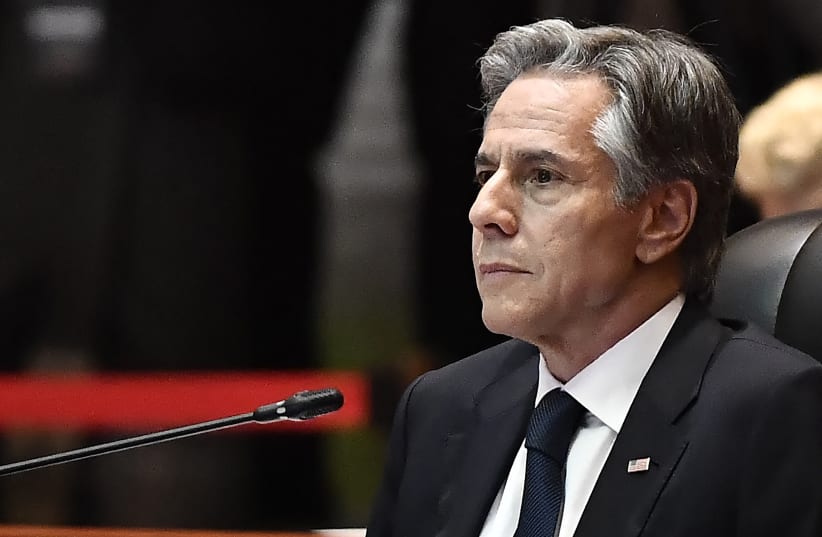Features
Israel approaching full-scale conflict with Hezbollah as tensions rise – analysis

Sources have told the Jerusalem Post that this time a major operation could be very real
This is true even in comparison to the period between July 30 and August 25, probably the second most dangerous period between both sides.

How do we know that the coming days, weeks, and month or two before winter are potentially explosive?
It is not just Defense Minister Yoav Gallant, who told US Secretary of Defense Lloyd Austin on Monday, that the possibility for a diplomatic solution with Hezbollah in the North is running out.
It is not just the rumors that Prime Minister Benjamin Netanyahu intends to replace Gallant with Gideon Sa’ar as defense minister in order to have greater support for a major operation against Hezbollah.
It is not even that Netanyahu’s main political opposition, Benny Gantz, continues to call out the prime minister for being too scared to risk a major battle in the North, which has left the 60,000 evacuated northern residents abandoned for nearly a year.
Confidence for major Hezbollah operation
These are the open and obvious signs. And, frankly, much of Israel’s political and military class has been threatening to send Hezbollah back to the stone age since early spring.
The Jerusalem Post has received indications behind the scenes, at both the political and military levels, from sources who, although beforehand were pouring cold water on the public statements, are now signaling that these statements are serious.
Their reasons highlight how realities have changed a lot over the course of the war.
Throughout, the main reason not to enter into war with Hezbollah was to avoid distractions that might handicap the IDF from its goal of taking apart all 24 of Hamas’s battalions in Gaza.
Gallant declared Hamas’s last battalion in Rafah defeated on August 21, nearly a month ago.
Despite Netanyahu’s publicly threatening words and tone, another major reason that war has not broken out is that the prime minister was privately terrified of how many Israelis might die from an estimated Hezbollah onslaught of 6,000-8,000 rockets per day.
August 25 is when all of that changed – radically.
On that day, Hezbollah planned to launch several hundred, possibly up to 1,000 rockets on Israel, including on critical intelligence headquarters bases north of Tel Aviv.
Netanyahu and the war cabinet instructed the IDF not to launch a full preemptive war on Hezbollah because, among other reasons, the prime minister was still worried about its impact on the Israeli home front.
Since October 7, Netanyahu has doubted the military in areas where the objective risk was higher, even if the military supposedly would have had the upper hand.
Sources have indicated that, behind closed doors, he was initially hesitant for each of the three invasions of Gaza; northern Gaza in late October, Khan Yunis in December, and Rafah in May.
Yet, on August 25, the IDF did not just beat Hezbollah – it cleaned house.
Despite substantive military victories over Hamas and small tactical victories against Hezbollah, this was the first time the IDF won a major and complex strategic victory over Hezbollah since the start of the war.
The military blew up the vast majority of the rockets and drones with which Hezbollah had intended to attack Israel before these threats could even be launched.
In this particular attack, Hezbollah neither killed nor damaged anyone or anything of significance, while the IDF destroyed thousands of rockets.
Suddenly, Netanyahu has a newfound confidence: that he actually can afford a major operation against Hezbollah – with much fewer losses to the home front than he had expected.
So, what if – instead of 5,000-10,000 dead Israelis from tens of thousands of Hezbollah rockets over several weeks – he could hit Hezbollah harder than it’s ever been hit before and destroy so many of its rocket launchers on the ground that Israeli casualties might not be just smaller but exponentially smaller?
Another factor was that until now, there was a good chance that Hamas would agree to a ceasefire and that such a deal would lead Hezbollah to unilaterally stop attacking Israel, just as it did during the November 23-30 deal.
While this is not impossible, the chances of a ceasefire with Hamas are now lower than they have been in several months, after both sides have dug in on various issues after having seemingly navigated around 90% of the obstacles.
All along, the only other option that has been discussed – if diplomacy failed – was a major operation.
Hezbollah chief Hassan Nasrallah is still furious about the killing of his military chief, Fuad Shukr by the IDF on July 30. With this in mind, no one views him as being more flexible now than before.
Finally, the winter factor comes into play.
Sources have told the Post that if more than 4-6 weeks pass without an operation, it may be impossible – or much harder – to carry out such an operation until Spring 2025.
This would mean condemning the northern residents to another 6 months outside of their homes, something becoming increasingly untenable domestically in Israel.
Pressed that the IDF managed a successful invasion of Khan Yunis and defeated Hamas in Shejaia in northern Gaza in the middle of this past winter, sources said that the winter in mountainous Lebanon is far more fierce and difficult to manage than in the Gazan deserts.
None of this means that a new broader war with Hezbollah is certain; it would still be a risky proposition for Israel, Hezbollah, and also for the sides’ sponsors: the US and Iran.
The US could be drawn into a regional war – or at least be seen as having failed to prevent a larger one – after a year of diplomacy, which could impact the presidential election race.
Iran could lose Hezbollah as its major potential threat against Israel should the Jewish state dare to think of attacking the Islamic Republic’s nuclear facilities. Hezbollah would undoubtedly remain the main player in Lebanon but might lose many of its most feared capabilities.
This is the riskiest time in the North since October 7.

























